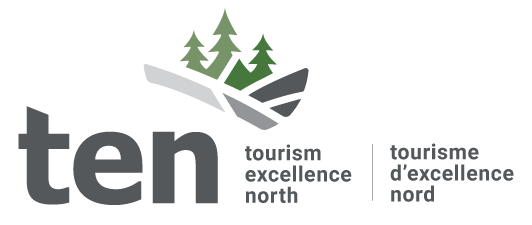This tool is a self-assessment checklist for Indigenous food tourism businesses, including but not limited to accommodations; attractions; beverage producers; cooking schools; growers, producers, and harvesters; festivals and events; markets; restaurants; retailers; and tour operators.
At the foundation of this tool is ITAC’s National Guidelines for Developing Indigenous Experiences in Canada. This means that businesses should first work to meet the protocols and expectations connected to market readiness as set out in the national guidelines before using this Indigenous Food Tourism Standards & Best Practices Checklist. In acknowledgment of community sovereignty, and in accordance with the ITAC guidelines, this checklist recognizes “the authority of each community to determine their
own cultural protocols and boundaries, and recognizes all of the diverse values and beliefs of our First Nations, Métis and Inuit peoples.”
Indigenous Food Tourism Standards & Best Practices Checklist is divided
into three (3) parts:
1) Delivering community-based experiences,
2) Providing transformational experiences, and
3) Growing Indigenous food tourism.
Its purpose is to provoke thinking around the expectations and standards
of quality food tourism experiences and assist businesses in self-assessing their readiness for delivering genuine food tourism experiences and welcoming food tourists.
Indigenous Food Tourism in Canada
Memorable eating and drinking experiences are essential parts of the visitor experience, and demand for genuine cultural food experiences is on the rise. As a subset of cultural tourism, food tourism lets visitors get to know a place and its peoples in a meaningful way through multi-sensory experiences. Food tourism includes tourism experiences where people learn about, appreciate, or consume foods and beverages that reflect local heritage, cuisines, and cultures.
Indigenous food tourism is both growing and changing in Canada. It is a dynamic movement towards revitalization- mixing pre-contact ingredients and practices with contemporary innovations. Food tourism has the potential to act as a catalyst for celebrating the diversity of Indigenous peoples, cultures, and foods; while recognizing the existence of several shared attributes and priorities, including that Indigenous food is often seasonal, connected to nature, sustainably sourced, communal, cultural, and tied to stories. Visitor education through food tourism can also help to counteract misperceptions held by some visitors that Indigenous cultures are separate from the modern world.
A growing number of travellers prioritize one-on-one interactions where they can learn about cultures, traditions, arts, food, and storytelling through active participation. Indigenous businesses can use food tourism as an opportunity to deliver intimate exchanges and cultural learning, while being ambassadors for their communities.
